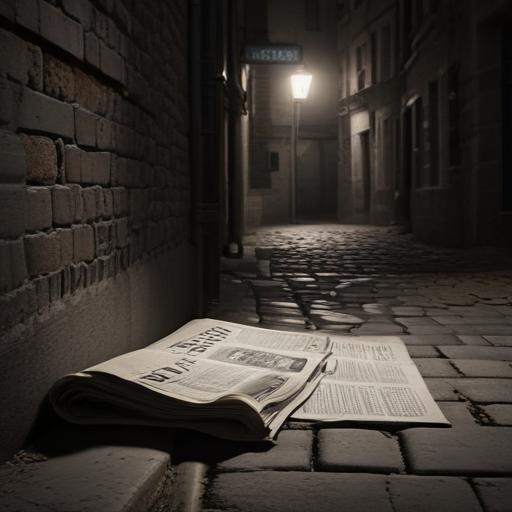In the new crime series “MobLand,” Pierce Brosnan takes on the role of Conrad Harrigan, the ruthless head of an organized crime family, alongside Helen Mirren as his formidable wife, Maeve, and Tom Hardy as their devoted fixer, Harry Da Souza. Set in a moody present-day London, the show captures the grim world of mobsters engaged in a struggle for supremacy within a global crime syndicate, all under the direction of Guy Ritchie, known for his distinctive style in gangster narratives.
Brosnan admired Ritchie’s unique filmmaking approach, stating that the “landscape of film-making” he has created is both entertaining and engaging. He describes the Harrigan family as “twisted, incestuous, and dangerous.” At 72, Brosnan, known for his charming demeanor, contrasts sharply with the younger Hardy, who approaches the role of Harry with a restless energy. Hardy sees “MobLand” as an opportunity for depth and nuance in storytelling, contrasting it with his previous mob-related projects.
Both actors have a history in the gangster genre, with Hardy having portrayed characters like Al Capone and the Kray twins, while Brosnan made his mark in classics like “The Long Good Friday.” Brosnan also acknowledged that collaborating with Mirren again, after their earlier work together, has been a rewarding experience.
In their performances, Brosnan’s portrayal of a cunning and dangerous psychopath presents a liberating challenge, as he typically does not play villains. For Hardy, the juxtaposition of violence and humor in his character adds layers, as Harry navigates the complexities of his roles as a gangster and a family man. Hardy pointed out that the dark humor found in serious storylines reflects the human condition in crisis, a perspective shaped by his upbringing and interests.
As the series delves into themes of masculinity and the violent natures of its characters, Brosnan speculates that Conrad Harrigan’s aggression stems from a troubled past marked by abandonment and anger. Hardy acknowledges the potential for deeper discussions around masculinity but refrains from providing his own interpretations during interviews, suggesting that viewers should formulate their own thoughts after watching.
In discussing the portrayal of violence, Hardy emphasizes that the brutality depicted in “MobLand” is not glamorized, but rather serves as a conversation starter about the darker aspects of humanity. This perspective aligns with the long-standing tradition of using violence as a narrative tool throughout literature and theater.
With “MobLand” airing new episodes on Sundays on Paramount+, the series promises not only gripping storytelling but also sparks interesting debates about its themes and character depth, making it more than just another entry in the crime genre. The combination of seasoned actors and Ritchie’s directorial flair sets the stage for a compelling exploration of both the underbelly of crime and the complexities of human nature.
